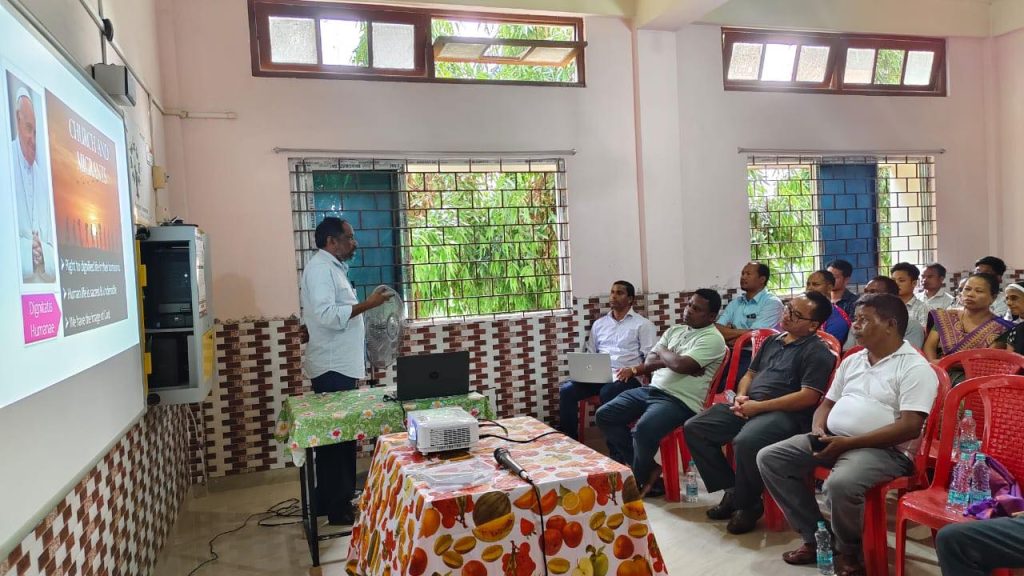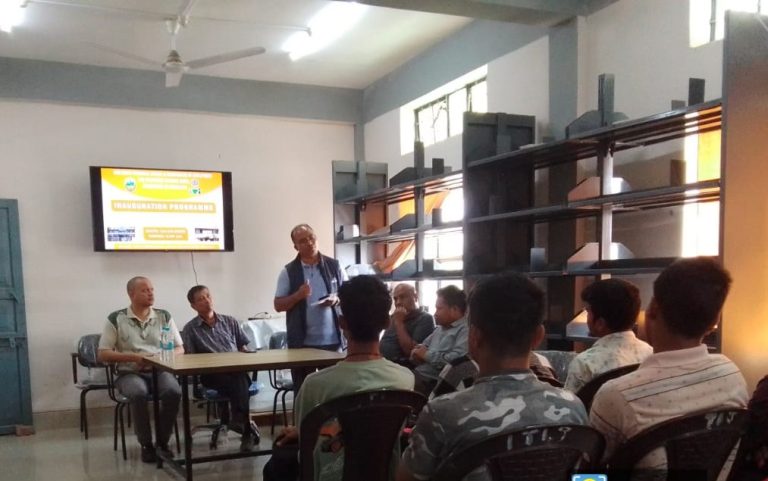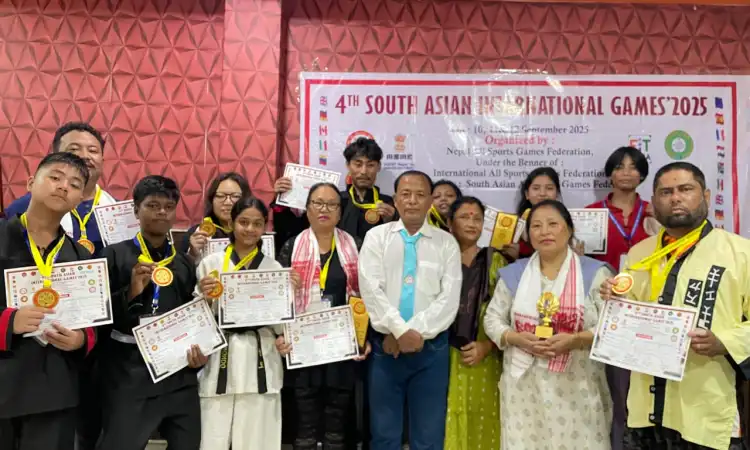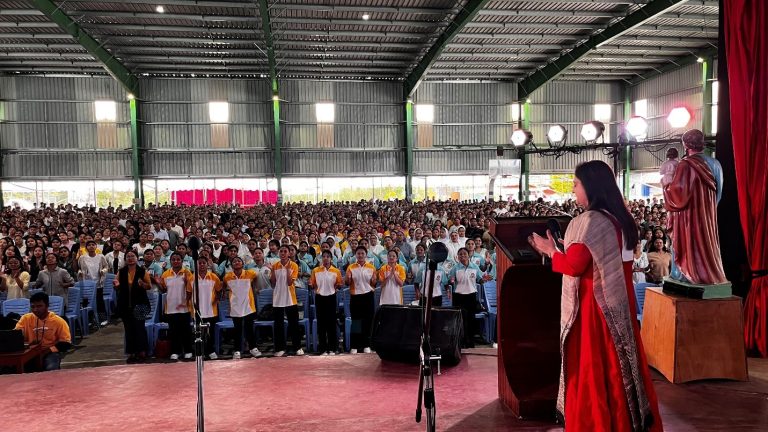
Bengtol, Assam, 19 October – A meeting of priests, religious, lay leaders of neighbouring areas in Bengtol Parish today resulted in a collaborative effort to support the region’s growing migrant worker population. The meeting, which featured a presentation by Fr. Francis Bosco SDB, National Director of Don Bosco Migrant Services of South Asia, highlighted the urgent need for comprehensive support systems for these vulnerable individuals.
Fr. Bosco, drawing on over a decade of experience working with migrant workers, emphasized the crucial role of pre-migration counseling and training. He stressed the importance of equipping potential migrants with the knowledge and skills necessary to protect themselves from exploitation and navigate the challenges of migration safely. His presentation also included information about a vital toll-free helpline designed to provide immediate assistance to migrants in distress. Furthermore, Fr. Bosco detailed the extensive all-India network of Salesians dedicated to assisting migrant workers, offering a broad range of support services.
The meeting, also attended by Fr Ignatius Gari and Fr Jimmy T. Sangma, Coordinator and Secretary of the Migrants Commission, Guwahati Province, respectively, spurred several key initiatives. A WhatsApp group was established to facilitate communication and coordination among participants. Future plans include dedicated meetings within the Catholic Religious India (CRI) group to develop a comprehensive action plan, as well as discussions at the diocesan level to formulate localized responses. Parish priests are also encouraged to raise awareness of migrant worker issues during First Friday meetings with catechists and community leaders. Finally, each participating center will begin collecting data on migrant workers using a provided dashboard to better understand and address their specific needs.
The collaborative spirit demonstrated at the meeting suggests a promising future for migrant worker support in the Bodoland region. The establishment of the WhatsApp group and the commitment to data collection demonstrate a serious effort to coordinate resources and ensure effective assistance for those most vulnerable. The initiatives announced today represent a significant step towards creating a more supportive environment for migrant workers in the area.


